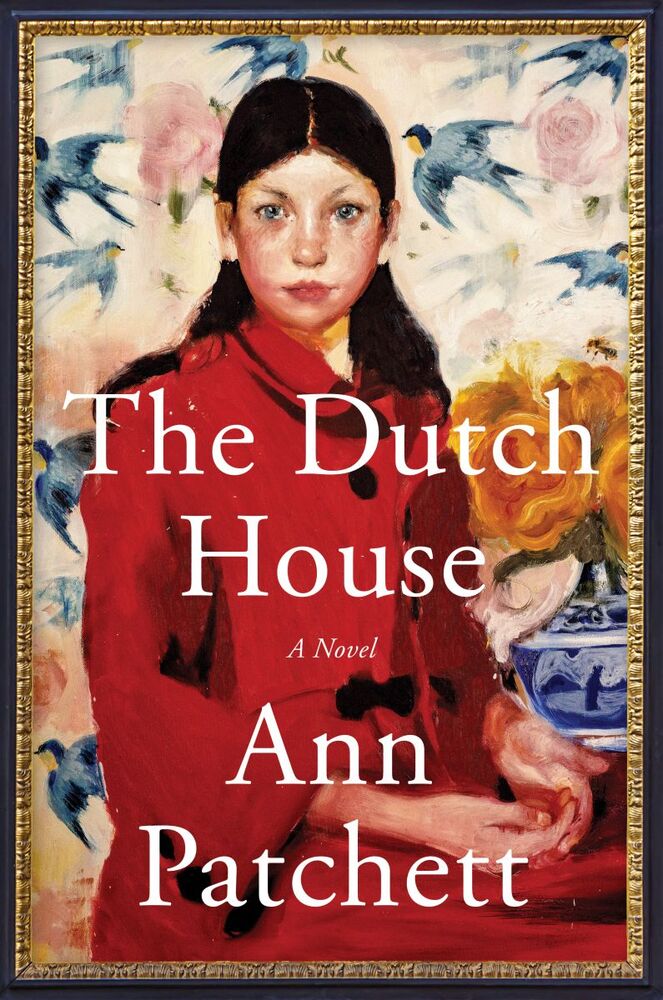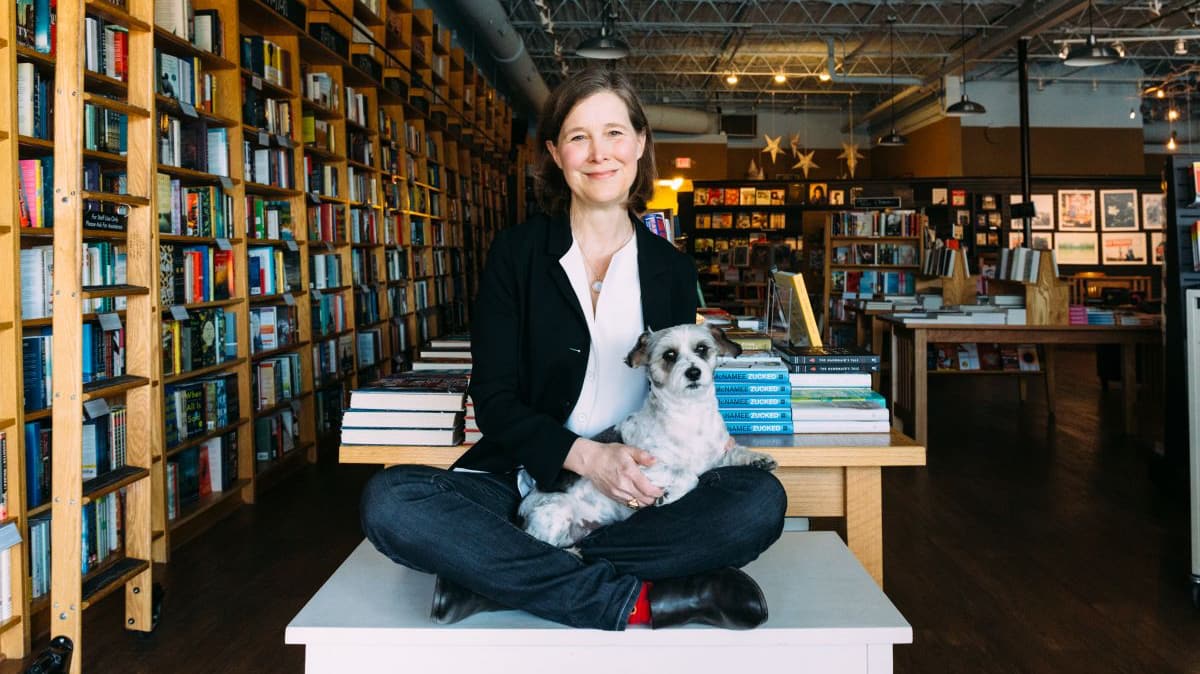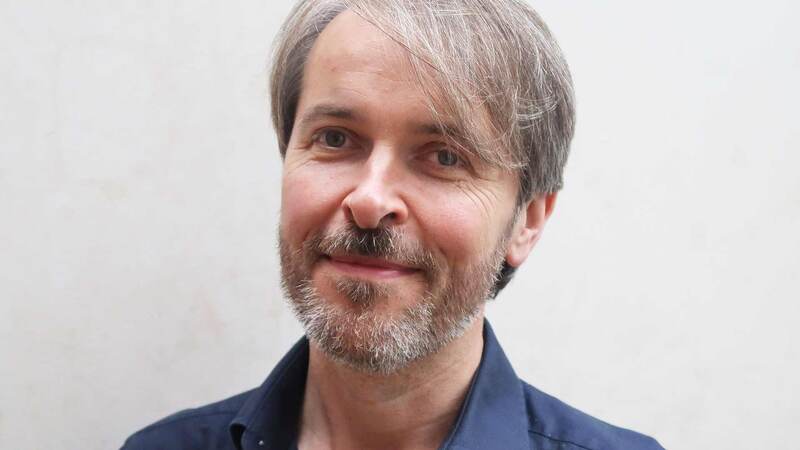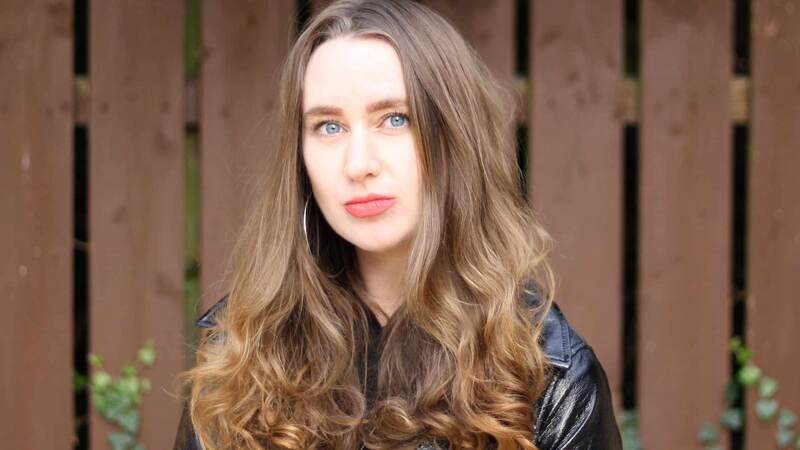You are viewing your 1 free article this month. Login to read more articles.
Ann Patchett | 'Can you remember things the way they actually happened?'
Ann Patchett’s new novel is a moving story of siblings who lose everything—except each other.
Ann Patchett was talking to Zadie Smith when the inspiration for her new novel, The Dutch House, struck. Back in November 2016, the two bestselling novelists met for the first time, on stage at a theatre in Nashville, Tennessee. Patchett, who had recently published her seventh novel Commonwealth, was interviewing Smith about her novel Swing Time. The pair were in front of a sell-out audience of around 800 people, many of whom had driven for up to 12 hours to be there.
Speaking over the phone from her home in Nashville, Patchett recalls asking Smith, who she had long admired, about the central character in Swing Time, who seems
to have much in common with her creator: growing up in north-west London with a Jamaican mother while dreaming of becoming a dancer. "And she said, ‘Well, it’s true. It is a really autobiographical novel but I’m not the daughter—I’m the mother.’ I said, ‘That is so interesting,’ and she said, ‘And I’m not the mother in this book... This is autobiographical because I am writing the kind of mother I am afraid of being with my children.’"
That comment struck Patchett with real force. "It was like an explosion going off," she says now, "and I thought: ‘That is exactly what it means to write autobiographically.’ You are not writing about what happened, you are writing about your fear of what could happen." At that moment she decided: "I am going to write a book about the kind
of stepmother I am afraid of being." Patchett has two grown-up step-children, "and I’m always terrified of being a wicked stepmother, even though I’m not [one]".
In The Dutch House the stepmother looms from the opening line, though she is not yet a stepmother. Patchett writes: "The first time our father brought Andrea to the Dutch House, Sandy, our housekeeper, came to my sister’s room and told us to come downstairs. ‘Your father has a friend he wants you to meet,’ she said."
The novel is narrated by Danny Conroy, a grown man looking back at his childhood. He grew up in the splendid Dutch House in the suburbs of Pennsylvania, with his distant father (a successful property developer) and his beloved elder sister Maeve. The children are cared for by a housekeeper and a cook, who are kind, but it falls to Maeve to "mother" her little brother in the absence of their actual mother who is mysteriously absent. She was there once, as Maeve remembers her clearly, but now she has gone. And no one will say why.
The outcasts
The arrival of Andrea, soon to be their father’s second wife, heralds the beginning of the end of Danny and Maeve’s privileged, financially secure existence. When their father dies unexpectedly, still in his 50s, he does not leave a will. Danny and Maeve are cast out, literally, from the Dutch House, and that exile will mar their whole lives.
Patchett describes it as "the story of a brother and sister who lose everything they have except one another. They go on to have happy and successful lives, but they cannot let go of the damage from the past. They just hang on to it." The Dutch House is a masterpiece about family, love, sacrifice and betrayal which explores the very nature of "home". There is a mystery; why did their mother leave, and what happened to her? But the heart of the book is the unbreakable sibling bond between Danny and Maeve, which both sustains and constricts them. Danny may be the narrator but Maeve is, as Patchett says, "the heart and soul of the book", and it is her image on the book’s beautiful cover.
 The novel is also very funny in places. "When I got the jacket copy [for the US edition] and it said [she intones in a deep voice], ‘The dark and tragic tale...’, I was like ‘No, no, no, no... it’s not!’," she says, laughing. "They really do very well and they have productive lives but they get emotionally stuck, as so many people do, on a single injustice of the past. That is really interesting to me."
The novel is also very funny in places. "When I got the jacket copy [for the US edition] and it said [she intones in a deep voice], ‘The dark and tragic tale...’, I was like ‘No, no, no, no... it’s not!’," she says, laughing. "They really do very well and they have productive lives but they get emotionally stuck, as so many people do, on a single injustice of the past. That is really interesting to me."
One of the most striking things about the novel, which spans five decades, is how Danny’s narrative voice changes over time: "He’s going from a very small child to a grown man, in retrospect," says Patchett, "so [that meant] keeping the voice a little childish when he is young, a little sullen when he’s a teenager, a little entitled when he is in college and medical school, but at the same time keeping it consistent, because he is looking back from adulthood, in the past tense."
It is quite extraordinary how Patchett does this. Through the voice of older Danny, the reader can also hear the utterly convincing young boy—both are somehow present in the scene at the same time. Patchett admits this was tricky to do, but says it is like life: "If you remember an event from when you were eight years old, [one] that you can really remember and see clearly in your mind, you are simultaneously eight and, in my case, 55 years old. I’m both of those people and so I’m both of those voices. That’s a big theme in the book: can you remember things the way they actually happened?"
Orange bears fruit
Patchett’s début novel The Patron Saint of Liars was published in 1992 and drew the attention of the critics—it was selected as a New York Times Notable Book of the Year—but her career really took off internationally when her fourth novel, Bel Canto (2001), won the Orange Prize for Fiction and the PEN/Faulkner Award in the same year. She was shortlisted for the Orange Prize again for State of Wonder (2010). But Patchett is not only an award-winning novelist, since 2011 she has also co-owned an independent bookshop, Parnassus Books. It wasn’t a long-held dream to own a bookshop, but after two closed down in quick succession—indie Davis-Kidd and a large Borders—leaving Nashville without a bookshop, she was presented with an opportunity. "I thought of it at the time as a good deed and [my] civic responsibility, but really it has just been a joy."
She doesn’t work nine to five as a bookseller of course, but she hosts events—like the Zadie Smith interview—and can often be found on the shop floor looking for a book: "And then I get completely stuck... It’s like I’ve walked onto fly paper, and three hours later I’m still trying to get off the floor," she jokes, as the customers realise just who they are talking to. "But it’s wonderful. I’m always walking by people and saying, ‘Oh I love that book, you are going to be so happy that you got that book.’"
She is much more comfortable with being seen as "the bookseller in my community" rather than the novelist. "When I walk my dog, people come up to me and tell me about an author [reading] they’ve seen at the store, or a book they’ve read, and that is fabulous."










